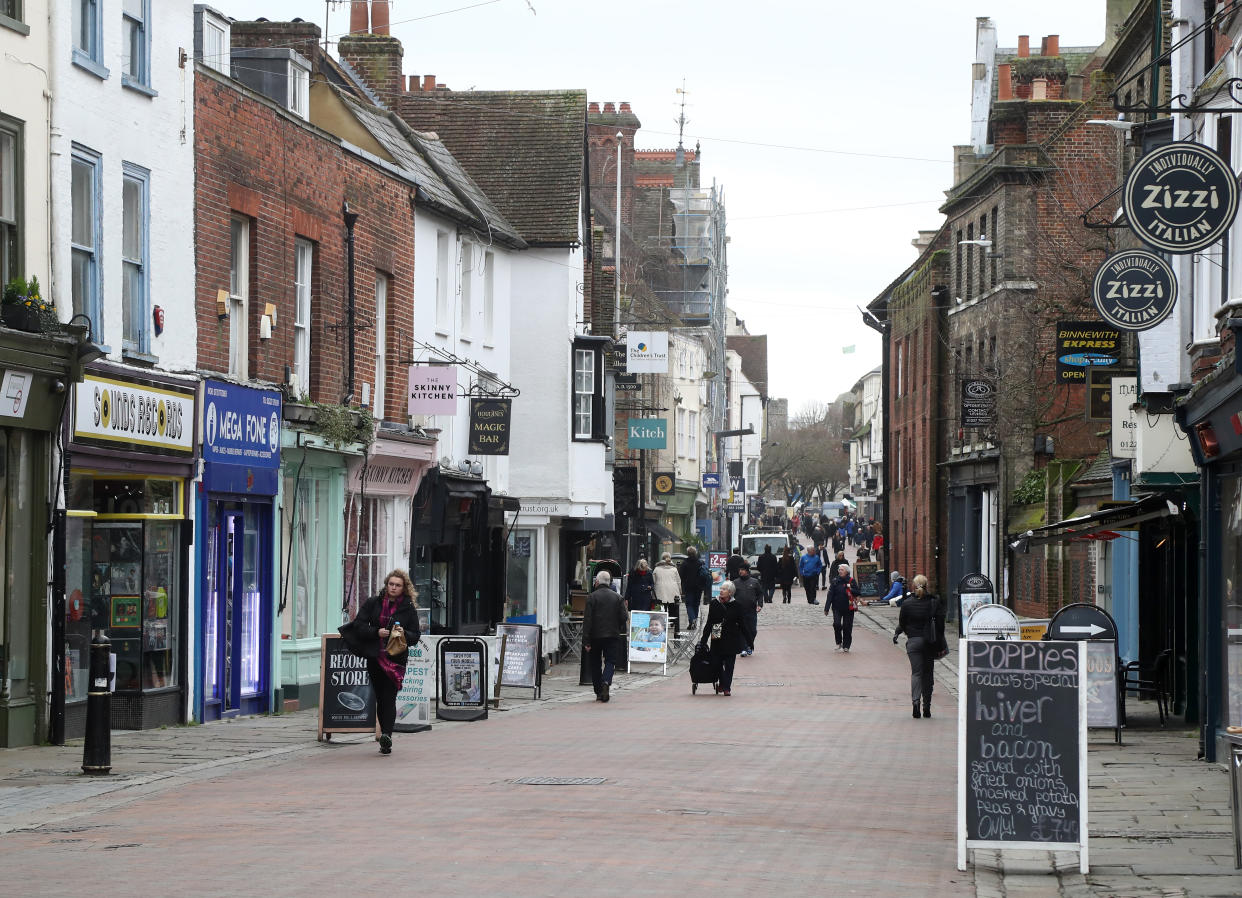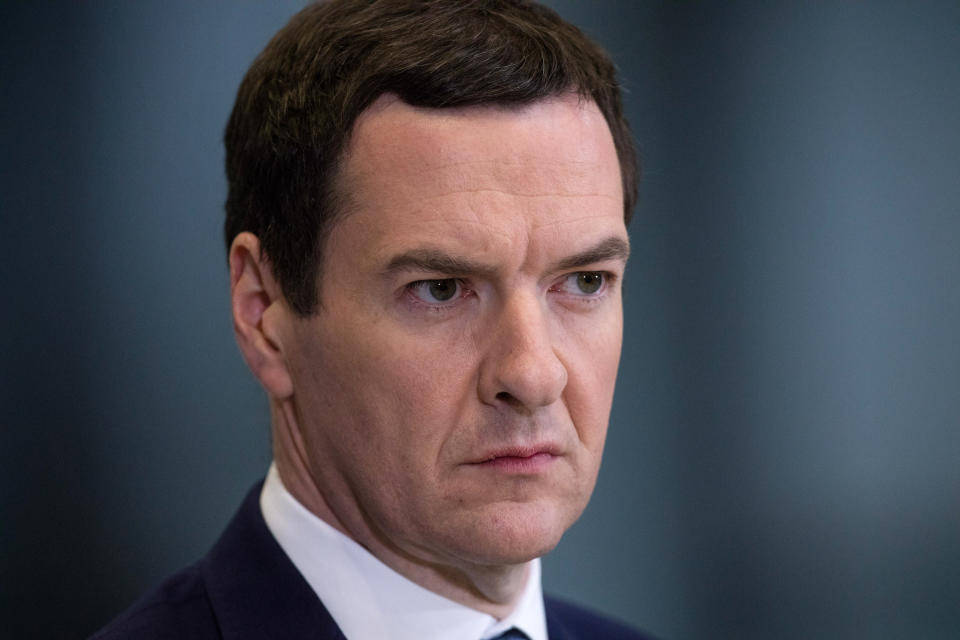Landlord numbers fall to seven-year low after government clampdown

The number of landlords in Britain has dropped to its lowest in seven years, after a clampdown on the buy-to-let market under former chancellor George Osborne.
New figures lay bare the impact of a series of tax reforms designed to curb the runaway growth of the sector in recent years.
Landlord numbers have dwindled by about 223,000 from its 2017 peak, falling to 2.66 million last year, according to estate agents Hamptons International.
The number of privately rented homes has also fallen from 5.29 million in 2017 to 5.13 million last year, the figures suggest.
The decline in supply appears to have pushed up rents amid continued high demand. Hamptons said average rents had risen 3.6% in the past year. It found rents had risen fastest in the south, where a decline in landlords buying new properties has been particularly acute.
Read more: UK house prices near record high as buyer numbers boom
Around a third of members of the Residential Landlord Association (RLA) said in a recent survey they planned to reduce their investment in the sector.
Some 45% of respondents said a stamp duty levy introduced in April 2016 had deterred them from further investments. The stamp duty reforms mean buy-to-let and second home-owners pay 3% more stamp duty than other buyers at every house price band.

The reform was one of several moves under previous Conservative administrations to cool UK house price growth, amid concerns about financial stability and first-time buyers’ struggle to get on the ladder.
Osborne, chancellor under former prime minister David Cameron, also began lowering the mortgage interest tax relief currently enjoyed by landlords.
Read more: UK ‘won’t fix housing crisis’ after 10th housing minister in 10 years
The changes were designed to create a more “level playing field” between landlords and those looking for their own homes. Osborne said it was unfair that only the former could offset mortgage interest payments against their income to reduce their tax bills, giving landlords a “huge advantage” in the market as buyers.
The tax relief has been cut gradually, and is set to fall to 20% of interest payments from April.
Subsequent administrations have also sought to improve tenants’ experiences in the private rental market. Letting fees were banned under subsequent prime minister Theresa May’s government.
Boris Johnson’s administration has consulted on banning no-fault evictions, and will end capital gains tax relief for landlords renting out their former homes from April.
The Residential Landlords Association (RLA) has warned the changes are incentivising landlords to favour short-term holiday lets over long-term rental tenancies. Tax relief on furnished holiday lets remains unchanged.
The difficult environment for residential landlords means the upcoming budget will be closely watched by many in the sector. The RLA warned in December of a “growing supply crisis” without more support to keep landlords in the business.

 Yahoo News
Yahoo News 
